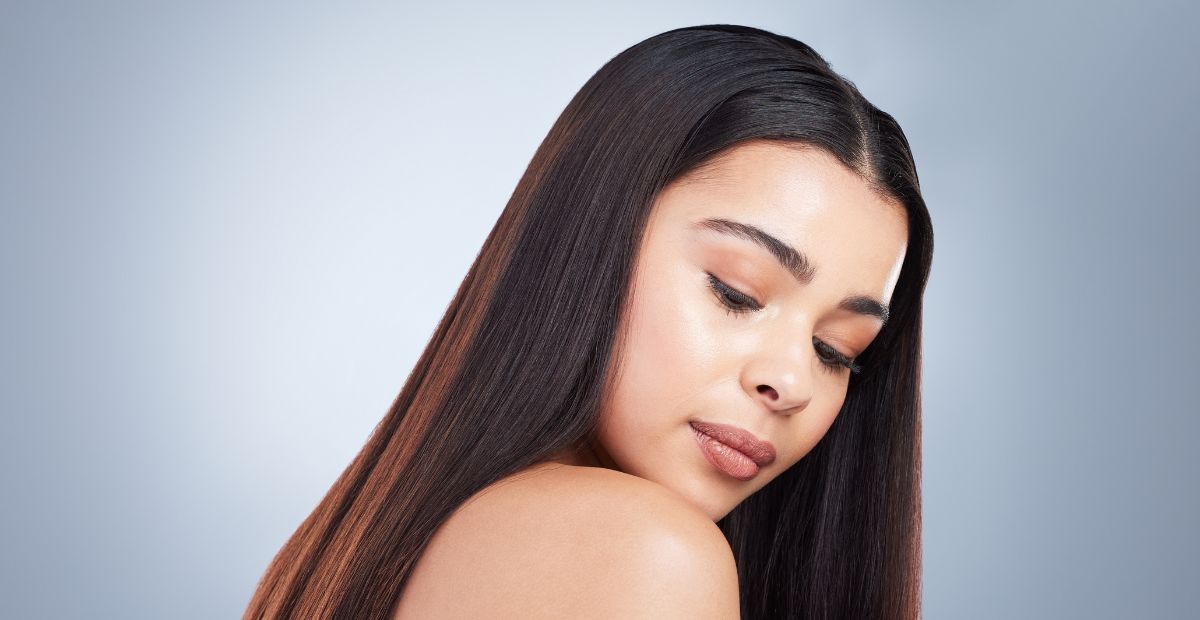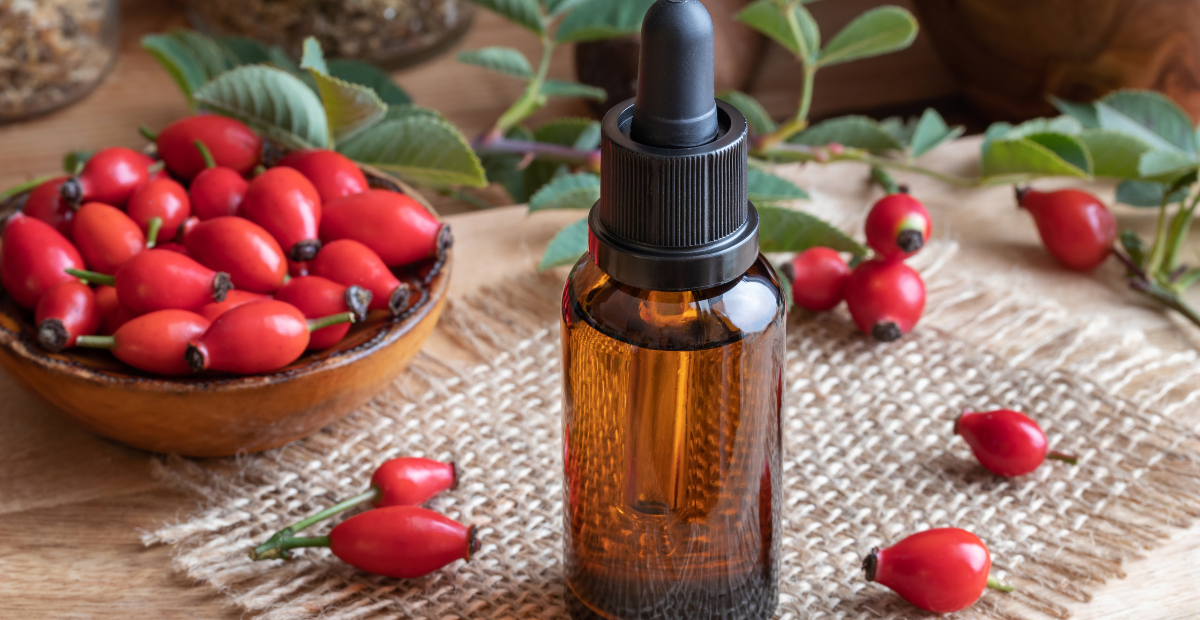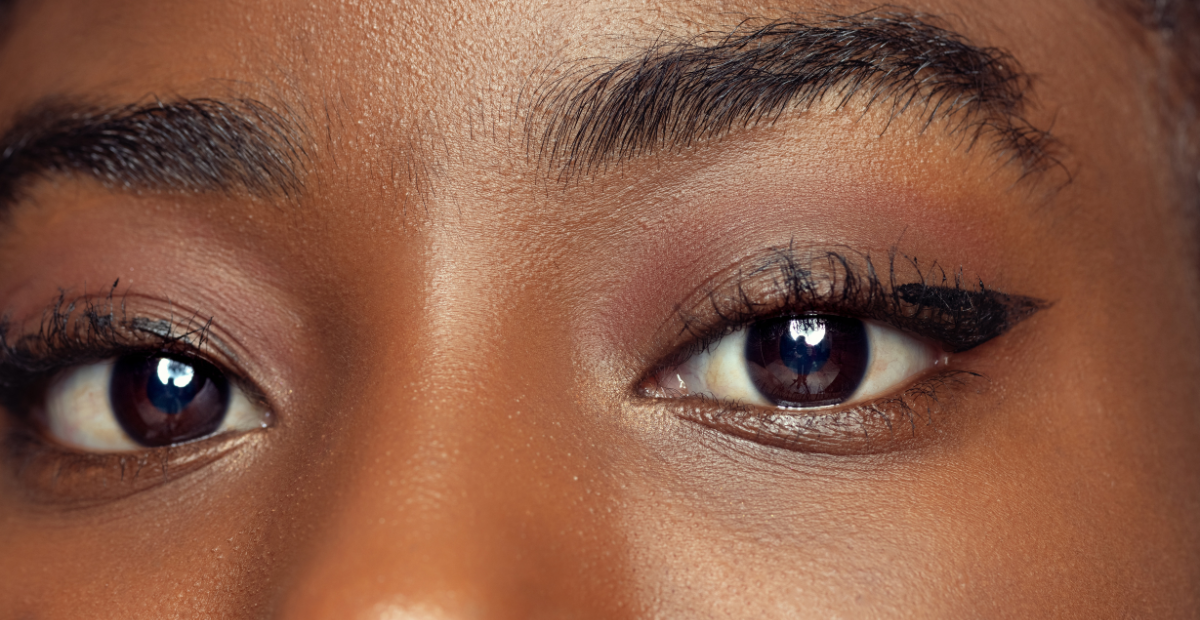How to Look Younger: 5 Anti-Aging Tips
Onskin Content Team
Your guides through the skincare chaos
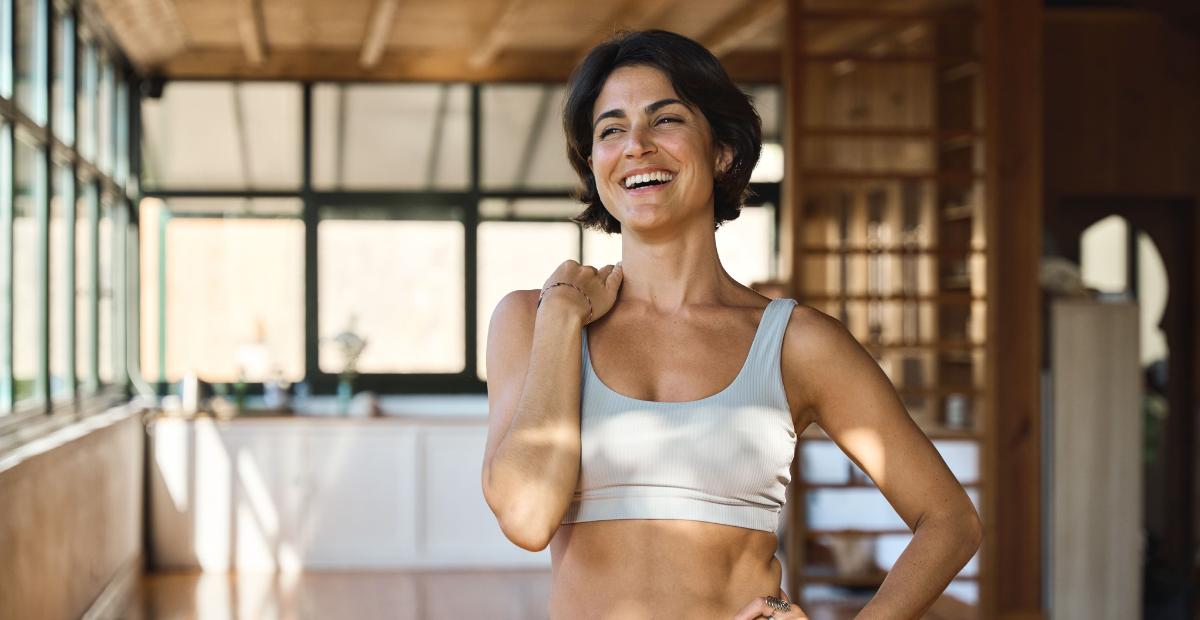
Want to know how to look younger without chasing miracle cures? While we can’t stop the clock, science shows there’s a lot we can do to slow down the signs of aging, especially when it comes to our skin. Here’s how it works.
Why Do We Age?
Aging is a natural process that starts the moment we’re born, and there’s no way to stop it. Over time, our body slowly loses its ability to repair itself and protect against damage. We become more vulnerable to health problems with our organs, heart, brain, and skin as well.
Scientists still don’t have a general consensus on why aging happens. Some of them think it’s built into our biology. According to this theory, nature may have programmed aging because living too long might not help evolution. Older people may not reproduce as much and would compete with younger, more fertile generations for food and resources.
A different theory, which is probably one of the most widely supported, says that aging is the result of damage that builds up in our cells throughout life. When our cells produce energy, they also create harmful molecules called reactive oxygen species. These molecules can damage DNA and other parts of the cell, and with time, lead to aging.
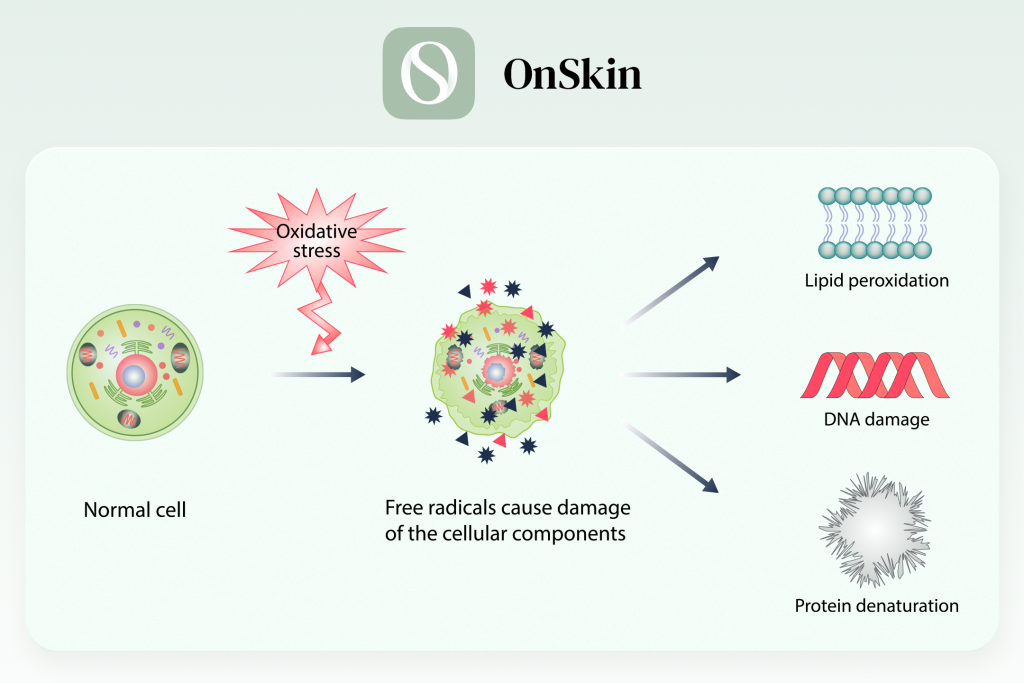
Anyway, whatever the reasons are, aging starts from day one. And that includes the skin.
What About Skin Aging?
There are two main types of factors that affect how our skin ages: external and internal.
Internal factors are natural and out of your control. To put it simply, our skin ages together with the rest of the body. Time drives this process, and there’s nothing we can do to stop it.
External factors are often called causes of premature aging. They’re mostly linked to our lifestyle and environment. Too much sun, smoking, lack of sleep, alcohol, poor diet, and even stress can all speed up the aging process. And one day, you wake up, head to the bathroom, look in the mirror, and there they are: those tiny unwelcome wrinkles and fine lines. Sounds unpleasant? Well, the good news is that these are the factors we can actually control.
How to Look Younger
These are five tips that will slow down aging a bit and help you look younger and refreshed.
Be Careful About the Sun
Come hell or high water, use SPF every time you go outside. Whatever the weather or season, there’s literally nothing that can stop UVB rays from reaching your skin.
The American Academy of Dermatology recommends using at least SPF 30. The higher the SPF number, the better, but the difference isn’t tremendous. SPF 30 blocks about 97% of UVB rays, while SPF 50 offers slightly more protection at around 98%.
Still, there are three more important things you need to know. First, most people typically use only about half the recommended amount of sunscreen. That means they’re getting less protection than the SPF on the label. Using a higher SPF can compensate for this.
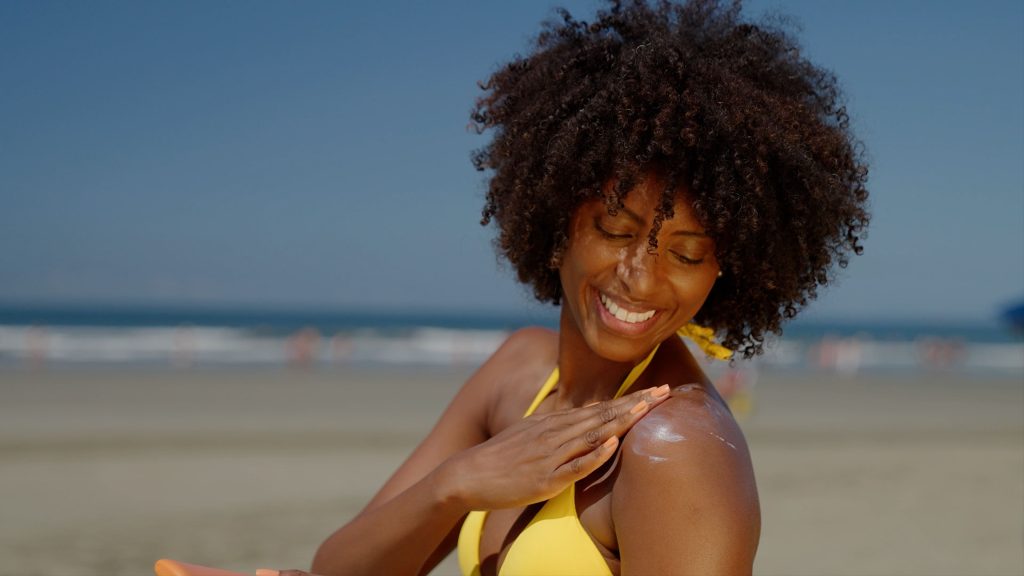
Second, not all sunscreens are the same. Some of them use specific chemical filters that may affect the hormone system. It’s best to avoid them, especially during pregnancy or breastfeeding. To be sure a product is safe, you can check it with the OnSkin app. Just snap a photo of the label or barcode, and the app will instantly analyze all the ingredients.
Third, go beyond using sunscreen. Avoid staying in direct sunlight for too long, look for shade when you can, wear comfortable clothing that covers your arms and legs, and choose sunglasses that offer UV protection to shield your eyes.
Search for Skincare Ingredients that Fight Signs of Aging
With marketing at its peak in the skincare industry, you should be careful about labels and ads claiming things like “antiaging product that makes wonders.” There are no creams, serums, or gels that can stop aging. However, some ingredients can help fight signs of aging, and science backs that up. Here are some of them:
- Retinol.
One of retinol’s key benefits is that it prevents the breakdown of collagen and stimulates its production, which naturally declines as we age. It also supports healthy skin cell turnover, reduces water loss, and boosts the production of essential proteins in the skin’s outer layer. As a result, you get firmer and more elastic skin with fewer lines and wrinkles.
But, as you know, there are no skincare miracles. Retinol, despite its benefits, may cause side effects, including dryness, peeling, irritation, and in some cases, retinoid dermatitis. Moreover, if you have sensitive skin, the chances of side effects increase. What’s even more important is that retinol is not recommended for use while being pregnant or breastfeeding. These are just some of retinol’s limitations. You can read more about it in our guide.
- Bakuchiol.
Bakuchiol is a gentler alternative to retinol. It offers similar benefits, such as boosting collagen production, reducing wrinkles, fighting hyperpigmentation, and supporting wound healing. In some cases, its effects may even appear faster than retinol’s. But the best thing is it’s completely safe (speaking of miracles). No side effects were observed while testing it.
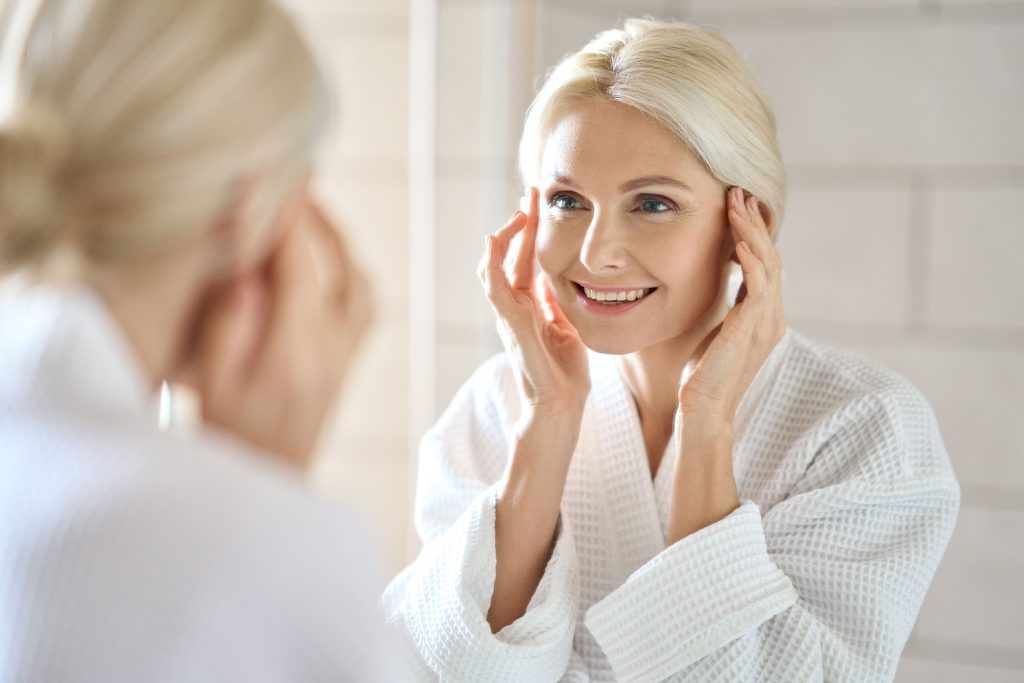
- Peptides.
Peptides boost collagen, smooth wrinkles, improve skin elasticity, calm irritation, support hydration, and even help fight acne. If you’re exploring how to look younger and get healthier skin, these tiny but mighty molecules are definitely worth attention.
- Ferulic Acid.
Ferulic acid is an antioxidant that helps reduce signs of aging, shields the skin from UV damage, and boosts the performance of vitamin E, which is also effective in protecting the skin against sun exposure. It’s generally well-tolerated and safe.
- Adenosine.
Adenosine is a gentle, effective ingredient that smooths wrinkles, improves skin firmness, and boosts hydration. It also supports skin repair and is well-tolerated even by sensitive skin. However, as with any new ingredient, allergic reactions can still happen. To stay on the safe side, do a patch test by applying a small amount to a small area of skin. If there’s no irritation after 24 hours, it’s likely safe to use.
- Probiotics.
Probiotics have anti-aging effects because they help hydrate the skin, repair its protective barrier, boost collagen and elastin levels, and provide antioxidant support. They are also effective against acne and atopic dermatitis.
- Ectoin.
Manufacturers usually add this ingredient to cleansers because it acts as a protective barrier during washing. It helps stabilize skin cell proteins and shields them from damage.
Another advantage of ectoin is that it also goes well with active ingredients like retinol. It improves their effectiveness and reduces redness, peeling, and irritation.
Eat Healthy Food
Now let’s shift to the yummiest part. Just as skincare products contain useful ingredients, some foods also have helpful nutrients that your skin might need. For instance, blueberries, raspberries, and strawberries are literally loaded with antioxidants, which help combat free radicals and slow down visible signs of aging. They also support collagen production, keeping your skin firm, smooth, and radiant.
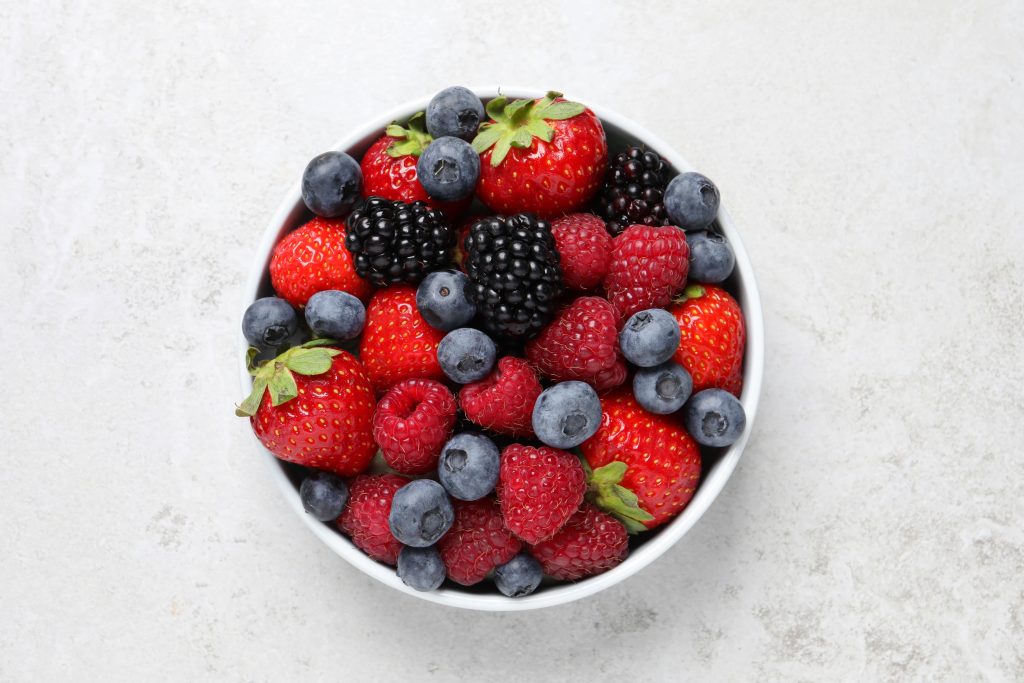
Are you fond of making shakshuka or pasta with tomatoes? Lucky you! Cooked tomatoes are rich in beta-carotene and lycopene, powerful antioxidants that protect your skin from sun damage. Lycopene also supports collagen production. By the way, fresh tomatoes are also fine, but cooked ones work better.
Kale, spinach, and broccoli, as well as almonds, walnuts, and sunflower seeds, are also your allies in reducing wrinkles. Leafy greens are packed with vitamins A, C, and E, which are essential for glowing skin. Nuts and seeds contain antioxidants and healthy fats. They fight inflammation, lock in moisture, and soften fine lines.
What’s best to avoid: processed foods, alcohol, excessive caffeine, and refined sugars.
Quit Smoking
Smoking is harmful; it’s as simple as that. It makes you age faster, can cause serious health problems, and worsens skin conditions like psoriasis.
Try to Avoid Stress
When you’re stressed, your skin can feel it too. Stress hormones break down collagen and elastin, which keep your skin firm and smooth. Generally speaking, it becomes hard for your skin to repair itself.
Stress also affects the nervous and immune systems, which can speed up the aging process.
To Wrap It Up
Unfortunately, skin aging is an unavoidable process. Still, many factors that speed up this process are within our control. Protect your skin from the sun whenever you can, use antiaging skincare ingredients backed by science, eat a healthy diet, quit smoking, and manage stress—and you’ll enjoy wrinkle-free skin for as long as possible.
FAQ
-
Where do I start with OnSkin?
Download the app and think of a product you’d like to know more about. Then, go to the main screen and choose how you’d like to get the info —by manually looking it up in the search bar, by scanning its barcode, or by simply taking a picture of the packaging. Once you’ve done any of these, you can see how safe the product is and if it suits your skin or hair (if this analysis is available).
-
What is Safety Rating, and how is it calculated?
In OnSkin, we base product rates on ingredients. Each is closely studied by our medical team and then evaluated. This way, each product gets a score from 0 to 100, with 100 as the safest level.
Safety Levels
- Excellent (76–100)
- Good (51–75)
- Not great (26–50)
- Bad (0–25)
These scores are backed by the latest scientific studies. You can find links to the resources we’ve used on each ingredient page. To assess the safety of product ingredients, we evaluate them according to the following parameters/criteria
- Endocrine disruption risk / Reproductive toxicity
Indicates the probability of mimicking, blocking, or interfering with the body hormones.
- Сarcinogenicity
Measures the potential risk of inducing cancer.
- Allergy risk
Estimates the probability of an allergic reaction.
- High concentration alert
Determines the risk of being unsafe in certain amounts.
-
What is Skin Match?
Based on the info you input about your skin type, age, skin care goal, and other “settings,” OnSkin checks how well a product is tailored to your unique skin needs — it’s basically like a dermatologist helping you find the right products, minus the fees and the long wait. The product you’re checking might be labeled as It’s a match!, Hit-or-miss, or Not a match for you. The app also detects ingredient groups such as Anti-acne, Anti-inflammatory, Moisturizes, May be drying, Comedogenic, and others — by tapping one, you see exactly what ingredients from this or that group are in the product.
-
I seem to have a problem with using the app. Who should I contact?
Please reach out to us at [email protected], and we’ll carefully look into your issue. Your ideas for improving the app are also very welcome!
-
Do you have an Android version?
Not yet! Hey Android users, we hear you, and we're thinking about making an Android version, but we haven't started the development yet.
Tracker Sent!
It’s on the way to your inbox.


